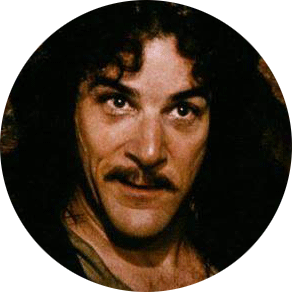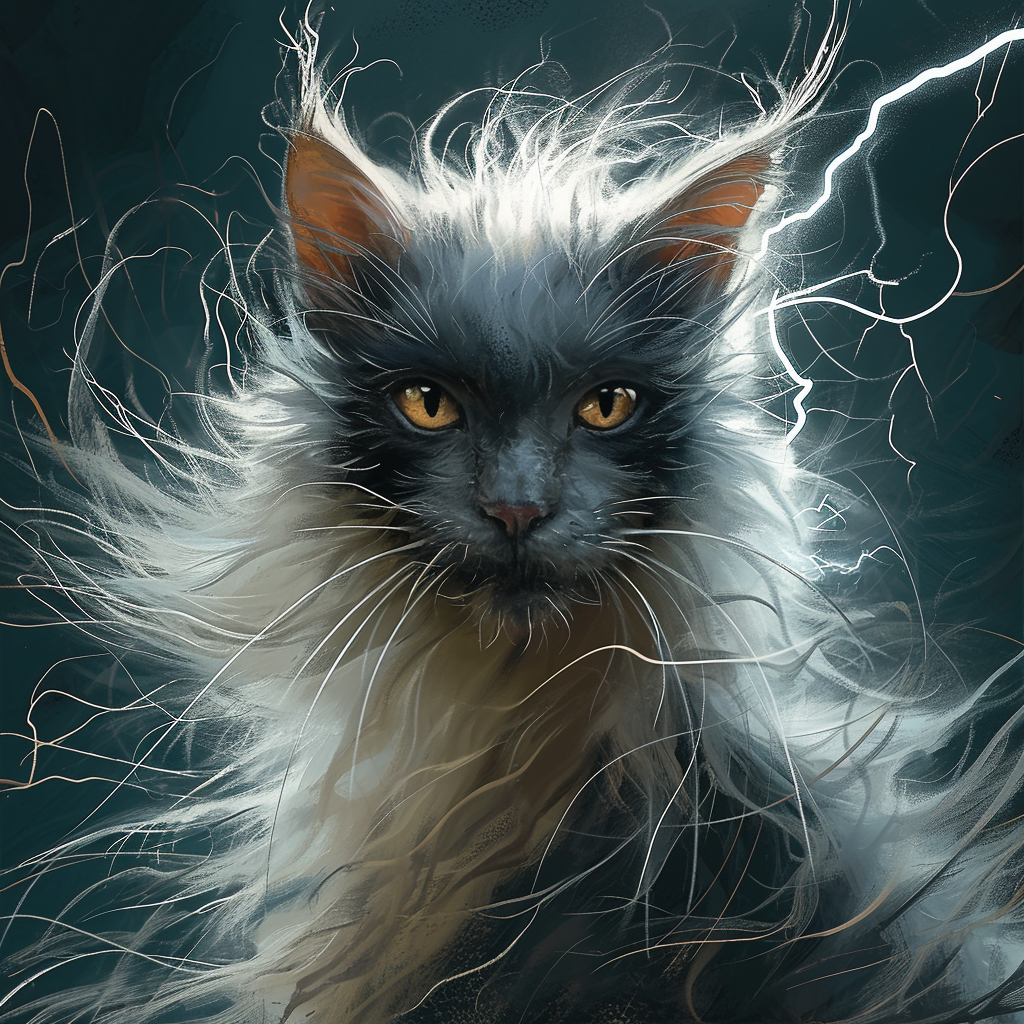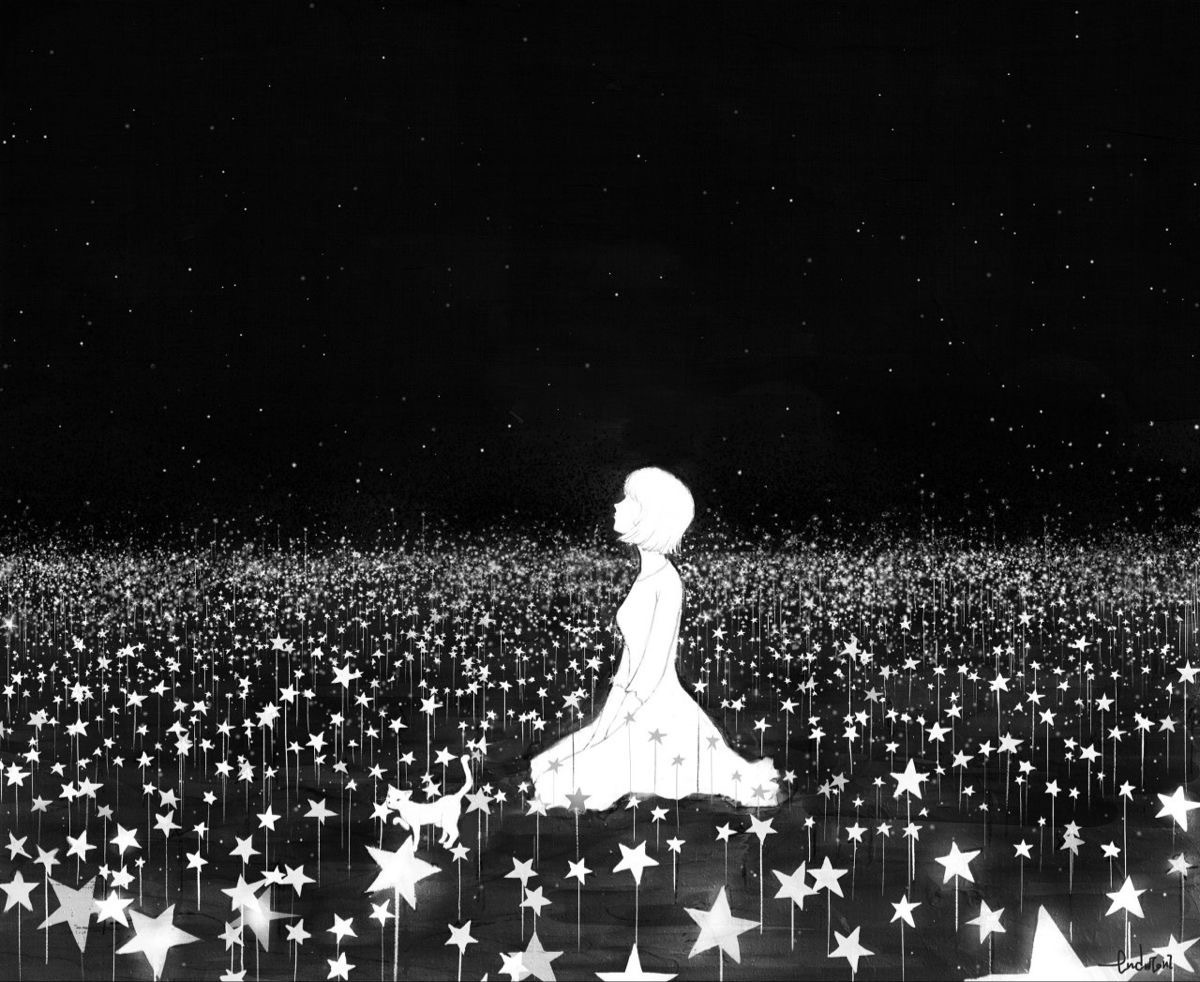- cross-posted to:
- [email protected]
- cross-posted to:
- [email protected]
Also applying more and more to life post google enshitification.
Before the internet my mother wrote down things I asked about and we looked them up at the library on the weekend.
Amazing and delightful. Best mom ever.
Books. We had books. We still have them and they are great.
I just re-read Man in the High Castle which was written/takes place in the 60s.
One of the characters wants to know the name of the naval vessel that is currently in port in San Francisco. To do this, he has to call the local newspaper office on a telephone and ask them. Then they call him back with the answer.
Many parts of the book are anachronistic (because in this alternate reality, the Nazis are colonizing Mars), but I believe that part was accurate because I don’t know how else you could get that information.
I love books as much as the next guy, but let’s not pretend that they are even remotely comparable to the Internet in regards to information access. My family had an Encyclopedia Britannica, they were great for summary on certain subjects but they were far from exhaustive.
But that’s exactly what an encyclopedia is. The internet isn’t Wikipedia. The real difference was that the library was now in your living room. You didn’t have to hope they had the material on hand and wait weeks for something specific if they didn’t have it already on hand.
There’s also just the idea that, with a library, you already have to have an idea of what to look for. You’re always browsing by genre in an alphabetical, organized fashion. With the internet, it could become discovery-based. One link could lead you to 13 others and those all branched again. You never knew what to expect.
A book contains either one really clear idea, or a reference with no substance to a bunch of random stuff.
Imagine if encyclopedias had ads
The encyclopedia could at least be expected to represent the best consensus opinion and facts about a particular subject though, whereas the internet requires an entirely different skillset to evaluate, and the encyclopedia article provides the context to ask a librarian for help finding more in-depth and also reliable information to expand your knowledge.
I expected the internet to be a Library of Alexandria as much as the next person, democratizing access to information and making society really embrace intellectualism. And the good stuff is absolutely there to be found, but there’s a lot of bs here on the internet too and intellectualism has been shown to be not as engaging as its counterpart recently. And engagement drives the dollars. Encyclopedias didn’t engage in anti-intellectualism, nor did librarians. So while I get your point, I think it’s not considering the noise factor.
Edit: grammar
I get your point but you’re also kinda arguing in bad faith. I don’t think anyone will dispute the noise to quality ratios, but you’re misrepresenting the point of the original post while simultaneously proving it. The barrier to information is almost non-existent in the modern age, making the pursuit of those fancies plausible.
If I want to know the history of the band Smash mouth I can look that up in literal seconds. Or if I want to know how to bake a souffle. Or if I want to find schematics for an exhaust fan.
Travel back to the 90s. Pick any subject. Step 1 to learning more about that subject involves travel and the juice is suddenly no longer worth the squeeze.
Step 1 to learning more about that subject involves travel and the juice is suddenly no longer worth the squeeze.
This position is wild to me. Kids go to school every day, where there is a library that has interlibrary loans as an option. The barrier you are suggesting is mostly imaginary. Libraries today offer ebooks, too, no travel required, and a higher barrier to entry (and thus, higher barrier to spreading misinformation), than the internet.
I’m honestly frustrated you would outright say I’m arguing in bad faith and I don’t know where that accusation comes from. “Libraries are hard” is a really bad argument, you are pretending there is a larger barrier than there is and asserting it prohibits information transfer without any evidence to demonstrate it. You can ask the internet anything and have some search engine or LLM tell you why yoy are right, and that isn’t exactly useful feedback.
Here’s a bad faith argument: you seem to want the ease of asking a search bar for an answer without doing any of the work to understand the context of the response provided or its accuracy.
Here’s a better faith one: people will use the tools available to them to the best they learn and feel inclined to do, and in both the past and the present paradigms, lots of people choose the lazy means of information consumption (what the paper/radio/TV says) than the more intellectually intensive (actual research or deferment to subject matter expert recommendation). Catering to that dynamic has been a net detriment to all society to the benefit of people selling impressions for the particularly “engaging” content being offered. I think we need to find a way to incentivize content creation and dispersion differently than what we’re doing right now.
Yeah but we didn’t necessarily have that book. And also, you had to know which book. So first you had to find a book that could tell you what kind of book to look in. And if you just didn’t know how or where to ask the question, well. That was that.
And actually a lot of the books were just wrong but because those were the only books we had, welp. You just learned it wrong.
most houses had encyclopaedias/atlas.
Bruh if you think most houses had encyclopedia you grew up rich.
We had some national geographic and some old editions of popular mechanics.
most (european) houses had an encyclopaedia
A lot of our knowledge today will also be wrong in 30 or 40 years, that’s how knowledge accumulation works over time in a healthy civilization (ok now that I’ve typed it, I can already hear and accept the criticism that we might not be living in a healthy civilization right now, but I think the point remains). Learning how to find information is an important part of the educational process, imho.
Edit: also, as pointed out before I even commented, we had libraries.
Yeah but like, quite literally my library had encyclopedias that were just wrong. Like I knew then they were wrong. Its wasn’t a good thing.
…then you knew what to ask for follow-up literature to review, yeah? That’s part of learning, and exactly what I’m talking about. Learning how to critically evaluate information and seek further enriching content to gain a better understanding of the thing you are researching is a crucial skill.
Edit: ok, downvote me, but are you doing that because you don’t like that you grew to learn critical thinking, or are you doing it because you didn’t learn critical thinking? You knew the encyclopedia was wrong. How? Because of the dearth of knowledge available to you? Lol
You’d get a random call from your friend like, “Who was that actress in that ghost movie?”
“…Whoopi Goldberg?”
“THATS IT, THANKS!”
click
Huh. I would have answered Demi Moore.
Wikipedia was The Encyclopedia Brittanica, and you bought a set of them, and the book shelf they were on, from the TV.
Part of why the economy still worked, people still needed physical things.
We uh…read books. And spread misinformation among ourselves. Good times.
deleted by creator
And now in the age of AI, we once again get to wonder.
Before Google people would just call the library
Before Google, I used Altavista








